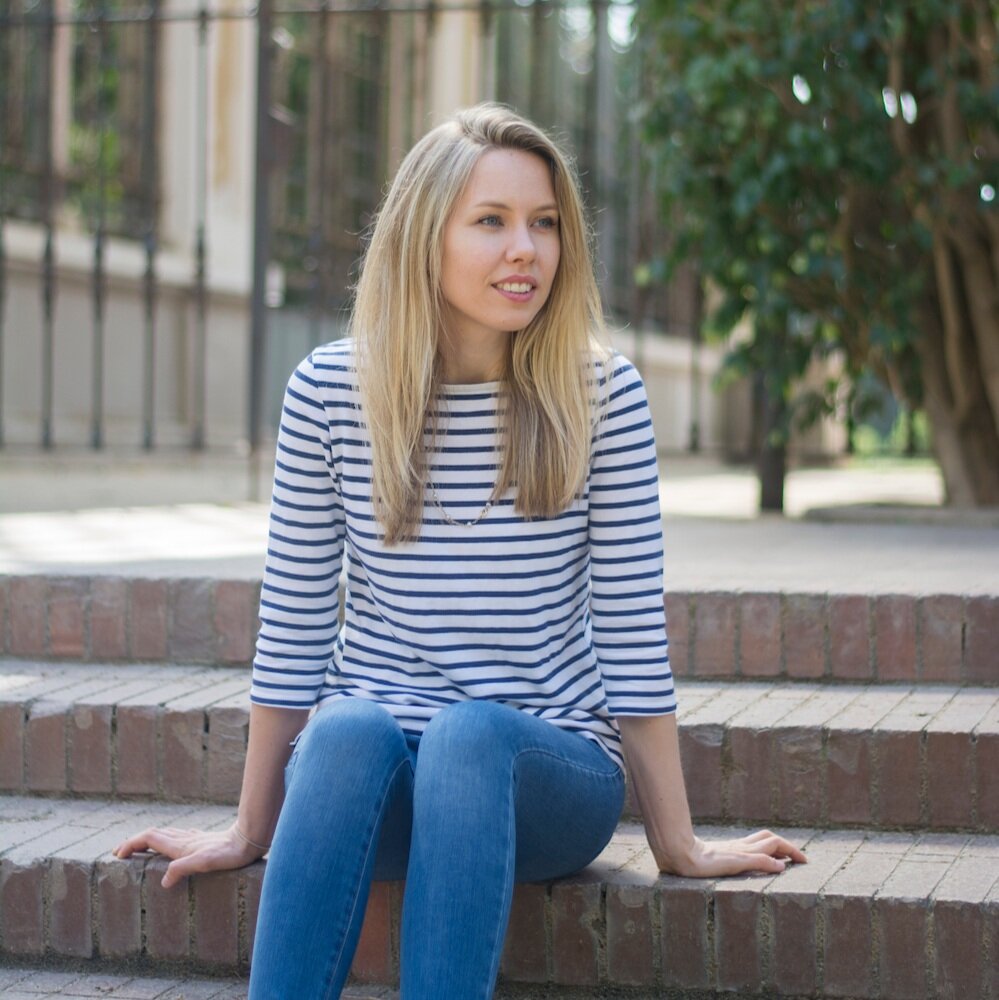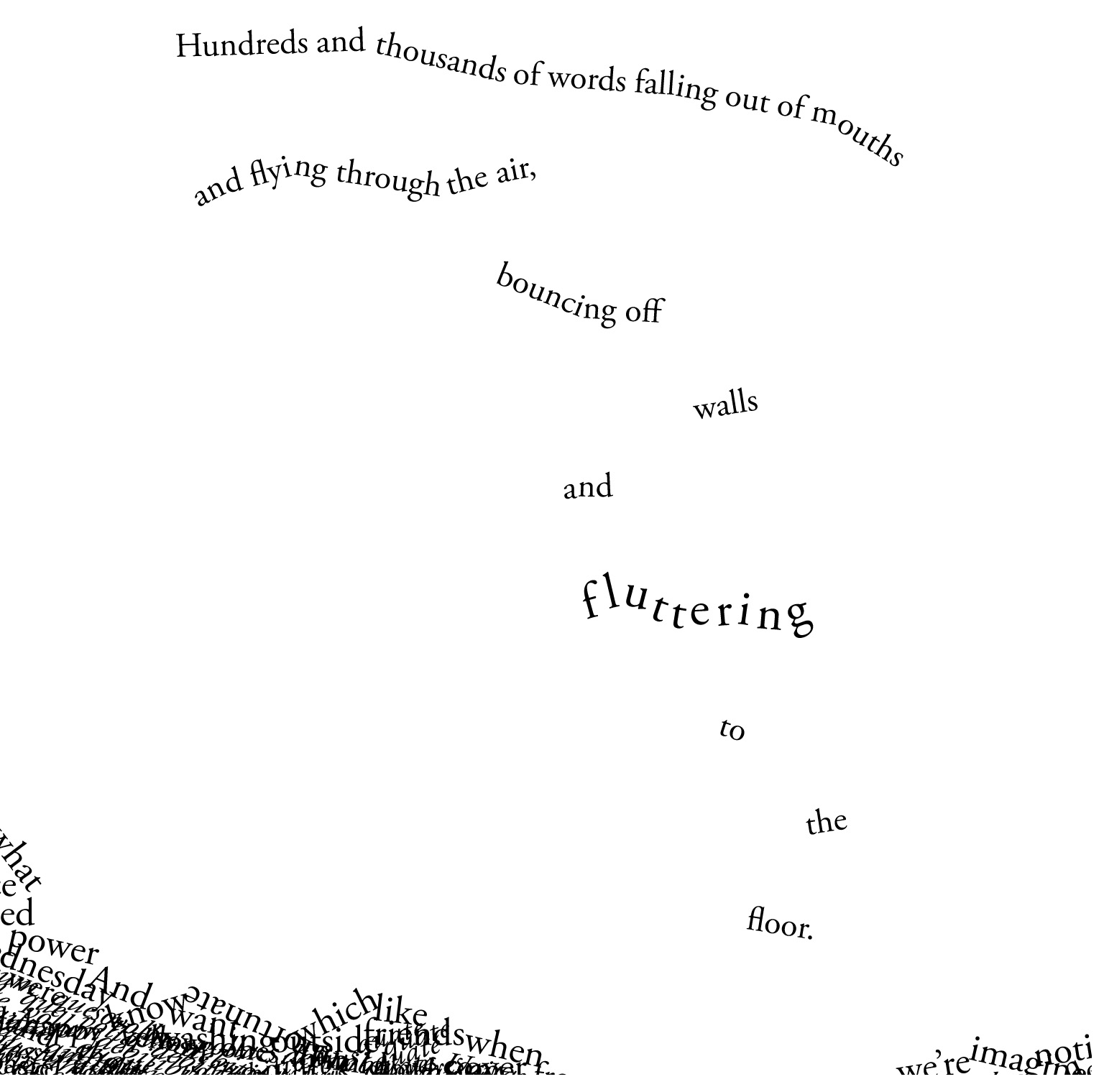 Sophie Cameron's novels use magic and wonder to explore teen issues, bringing an ethereal edge to sensitive themes of social anxiety, grief, family challenges and sexual awakening.
Sophie Cameron's novels use magic and wonder to explore teen issues, bringing an ethereal edge to sensitive themes of social anxiety, grief, family challenges and sexual awakening.
Thank you! The idea initially came from my experience of learning languages, which is my favourite hobby. I often have trouble with pronunciation and it can sometimes feel as if the words are stuck in my throat and I can’t get them out, so from there I got the idea of a world where words have a physical dimension and actually fall from our mouths when we speak.
Is anything in the story derived from your own experiences, or taken from real life?
Most of Gala’s ups and downs with language learning are taken from my own experience of learning languages. Her situation is different, of course, because she’s much younger than me and moving abroad isn’t her choice, but the frustration she feels at not being able to express herself properly (or the happiness she experiences when she can!) are things I think most people who have learned a second language will be able to relate to. The story is also set in Fortrose in the Highlands of Scotland, which is where I lived from the ages of 3 to 12 and where I went to secondary school, so a lot of the locations are places I know really well.
Congratulations! It’s no easy feat to meld fantastical elements into stories with real-world settings. Was it tricky to work the magic realist element of words having a physical form into the real-world setting?
Most of my stories are set in the real world but have a fantastical or sci-fi element twist, and I think that’s what comes most naturally to me. I think of it more as “contemporary fantasy”, but I really love magical realism and it’s had a huge influence on what I write – I studied a lot of Borges, Calvino, Cortázar and Allende in university, who are some of the giants of magical realism, and I love Haruki Murakami, Ruth Ozeki and many others.
Did you do special research into selective mutism to create Natalie’s character?
Yes, I’ve never had selective mutism myself so that was the area where I needed to do most research. We also had a sensitivity reading done by a paediatric speech and language therapist, so it was really helpful to get their insight and feedback.
The power of poetry plays a big role in Away with Words. Do you write poetry? Who are your favourite poets, or poetic writers?
I don’t actually write poetry at all, so that aspect of the story was quite tricky for me! My favourite poets are Jackie Kay and Joan Salvat-Papasseit, and I really enjoy novels in verse, such as Sarah Crossan’s One, Dean Atta’s The Black Flamingo and Jacqueline Woodson’s Brown Girl Dreaming. I’d love to try writing one of those one day.
What’s next? Are you working on a new novel?
Yes! I’m actually working on two projects at the moment, a family saga for adults and a YA fantasy novel. I like having a couple of things cooking at the same time so I can switch from one to the other when I get stuck.
Aside from being a successful author of course, what would have been your dream job?
When I was younger I really wanted to work in the music industry – not as a performer, as I have no musical talent whatsoever, but as a manager or similar. I’m not sure how good I would have been at it, though, as I’m not that organised!
What does LoveReading4Kids mean to you?
It’s such a great resource, a real treasure trove of book recommendations! I also really love that 25% of purchases from the shop go to schools to buy more books – reading and having access to books is just so important for children’s education and well-being, so that’s a brilliant initiative.
You can read our reviews of Away with Words and download the first chapter here - and inspired by Natalie's character in the book we have a special collection of Children's Books About Selective Mutism.




-130x200.jpg)





Comments (0)
Leave A Reply
You must be logged in to post a comment.